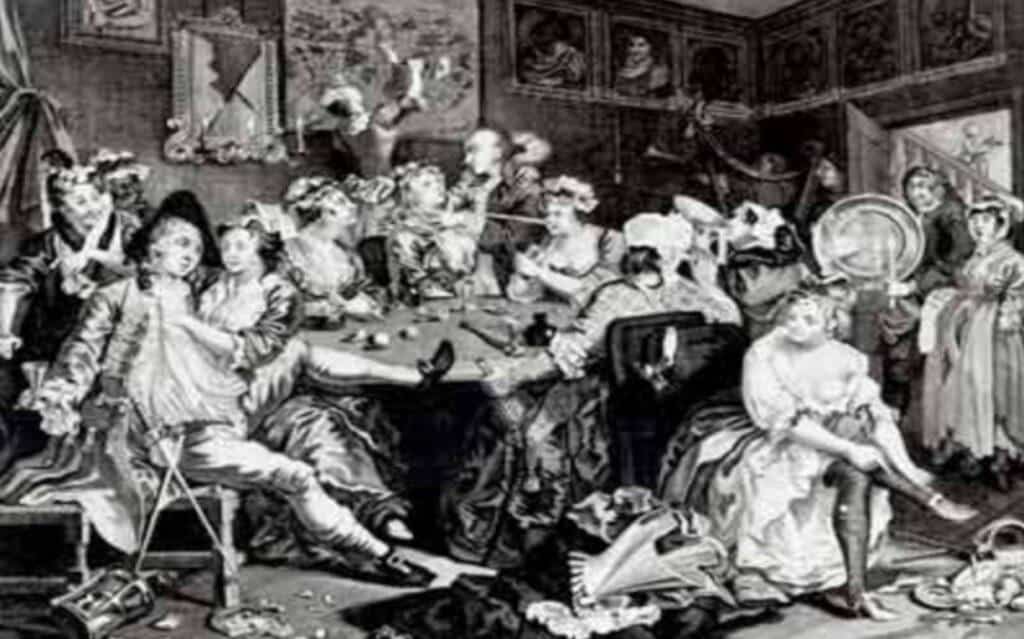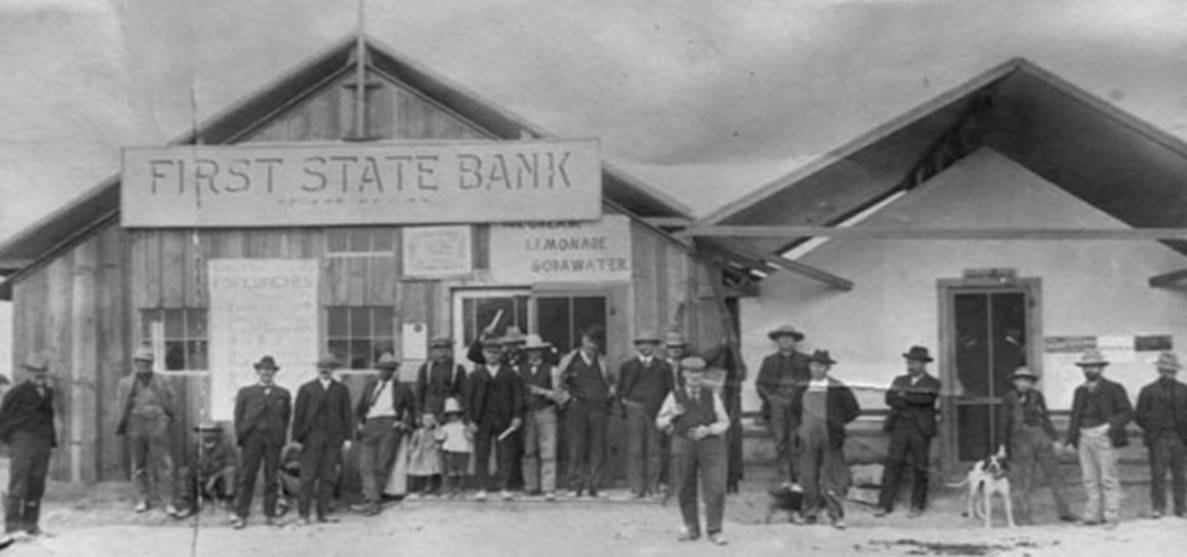
1864 Las Vegas The Impact of Nevada Statehood
The establishment of Nevada as a state in 1864 marked a significant shift in the trajectory of Las Vegas and its reputation as a town known for its vices. While statehood brought with it the promise of governance and regulation, it also had implications for the growth of the town’s less savory activities, including gunfighting, brothels, and gambling.
Continuation of Lawlessness and Vice
Despite the establishment of a formal government structure, including the passing of laws and regulations, the immediate impact of Nevada’s statehood on Las Vegas was limited. The vast and rugged landscape, the transient nature of the population, and the challenges of enforcing laws in remote areas allowed the atmosphere of lawlessness and danger to persist. The town’s reputation as a hub of gambling, brothels, and gunfights endured, as it catered to the desires of transient laborers, miners, and travelers seeking entertainment and distraction.
Regulation of Gambling (1931) and Transformation
The late 19th and early 20th centuries witnessed a series of changes that gradually led to the transformation of Las Vegas. However, one of the most pivotal turning points was the regulation of gambling. In 1931, Nevada legalized gambling, aiming to stimulate the economy during the Great Depression. This decision had a profound impact on Las Vegas, ultimately reshaping its identity.
Shifting from Shadows to Legitimacy
The legalization of gambling marked a shift from the shadows of illegal activities to legitimacy. Gambling, once an underground pursuit, was now brought into the open and regulated by the state. This move towards legitimacy laid the foundation for the development of the first casinos and resorts in the city. As a result, Las Vegas transitioned from a town associated with reckless and dangerous forms of entertainment to one that was more controlled and organized.
Emergence of a New Identity
The rise of legitimate casinos, entertainment shows, and upscale resorts changed the landscape of Las Vegas. The city began shedding its image as a rowdy frontier town and embraced a new identity as a place of leisure, excitement, and entertainment. The transformation was not immediate, but the combination of changing laws, regulations, and societal attitudes gradually molded Las Vegas into the internationally recognized entertainment hub it is today.
Conclusion: Evolution through Regulation
In conclusion, the establishment of Nevada as a state in 1864 did not instantly erase the vices associated with Las Vegas. However, over time, the city underwent a significant transformation driven by changes in laws, regulations, and societal perspectives. From its origins as a rough-and-tumble frontier town, Las Vegas evolved into a regulated and organized entertainment destination, highlighting the power of legal frameworks and social shifts in shaping a place’s identity over the course of decades.
Las Vegas History
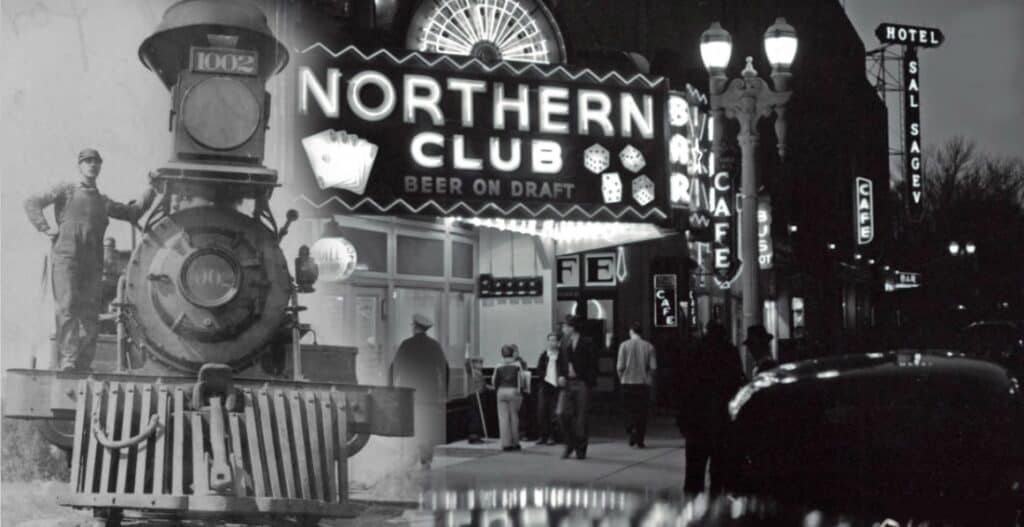
Las Vegas History: Railroad Development Paved the Way for Las Vegas to Become the Gambling Capital of the World
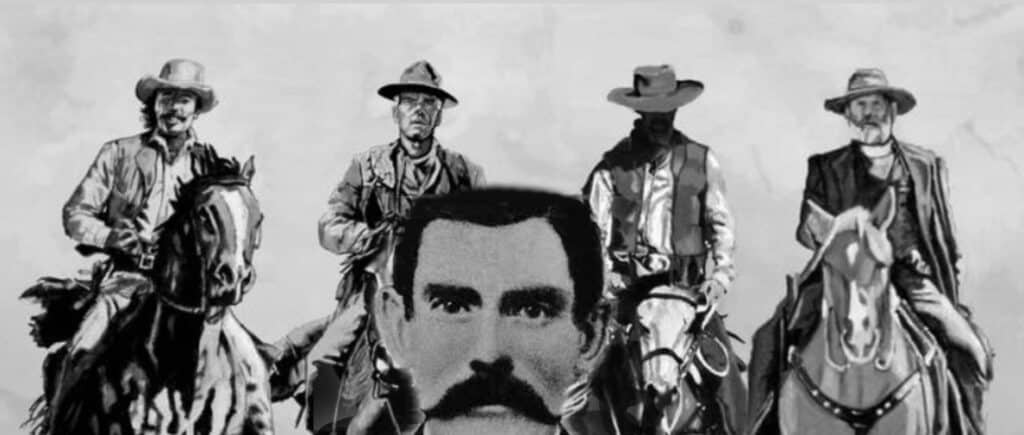
Las Vegas History: Doc Holliday Famous Gambler Gunslinger and Resident of Las Vegas
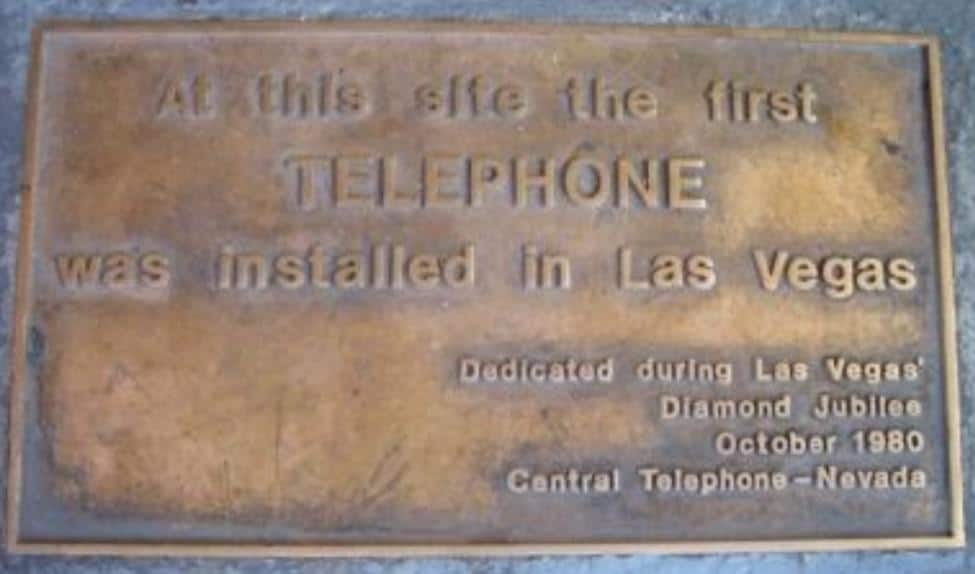
Las Vegas History: How Las Vegas’ First Telephone Exchange Made Bugsy Siegel’s Race Wire Possible

Las Vegas History: The Official Naming of Las Vegas 1905
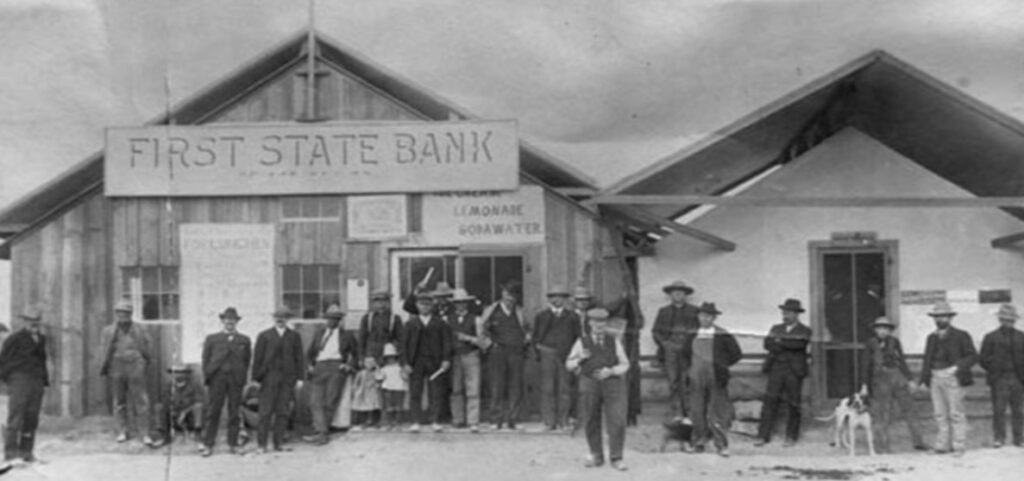
Las Vegas History: 1864 Las Vegas The Impact of Nevada Statehood
